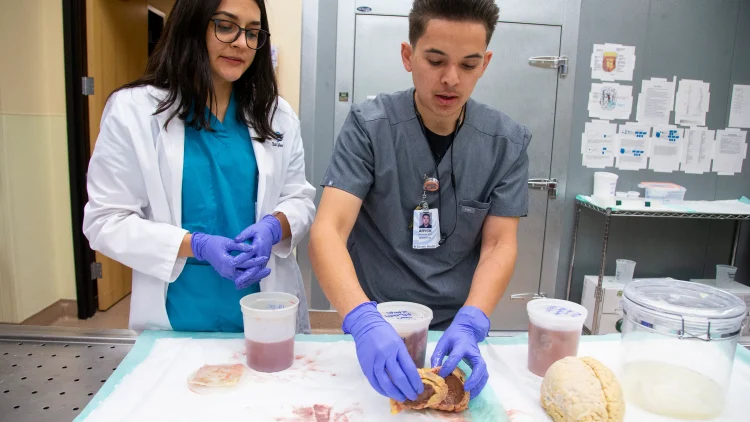When it comes to considering end-of-life decisions, many people contemplate organ donation as a way to help others in need. However, some individuals also express an interest in donating their entire bodies to science for research and educational purposes. This raises an important question: Can you be an organ donor and still donate your body to science? Let’s delve into this topic and explore the possibilities.
Organ donation and whole body donation serve different purposes. Organ donation typically involves the transplantation of organs such as the heart, liver, kidneys, or lungs to individuals in need of a transplant due to organ failure. On the other hand, whole body donation refers to donating the entire body for scientific study and research purposes, often used by medical schools and research institutions.
It’s important to note that the process of organ donation requires intact organs, which means that the body needs to be preserved in a specific manner to maintain the viability of the organs being donated. Organ donors undergo surgical procedures to remove organs, which are then transplanted into recipients as soon as possible. Therefore, if you have designated yourself as an organ donor, the focus is typically on salvaging organs for transplantation rather than donating the entire body to science.
However, it is possible to donate your body to science for research purposes even if you have chosen to be an organ donor. In many cases, individuals can specify their intentions by donating their organs for transplantation first and then their remaining body to science. This allows for both purposes to be fulfilled.
If you wish to pursue both options, it is crucial to communicate your intentions clearly. Ensure that your family members and healthcare providers are aware of your desire to be an organ donor and to donate your body to science. By discussing your wishes in advance, you can help prevent any confusion or conflicts that may arise after your passing.
To facilitate the process, it is recommended to reach out to local medical schools, research institutions, or body donation programs in your area. These organizations can provide detailed information about their specific requirements and procedures for whole body donation. They can guide you through the necessary steps and ensure that your wishes are properly fulfilled.
It’s important to understand that not all bodies donated to science are suitable for research and educational purposes. Factors such as age, cause of death, and medical history can affect whether a body is accepted for donation. The institutions receiving body donations have specific criteria and may decline certain donations if they do not meet their requirements.
In addition, if you have any specific preferences regarding the ultimate disposition of your body after it has served its purpose for research, be sure to communicate them clearly. Some institutions may offer options for returning the remains to the family for a traditional burial or cremation, while others may provide communal or mass cremation services.
While organ donation and whole body donation serve distinct purposes, it is possible to be an organ donor and still donate your body to science. By communicating your intentions clearly and working with the appropriate organizations, you can ensure that your wishes are fulfilled. Whether you choose to donate your organs for transplantation, donate your body to science, or both, your decision to contribute to medical advancements and help others is a noble one.























